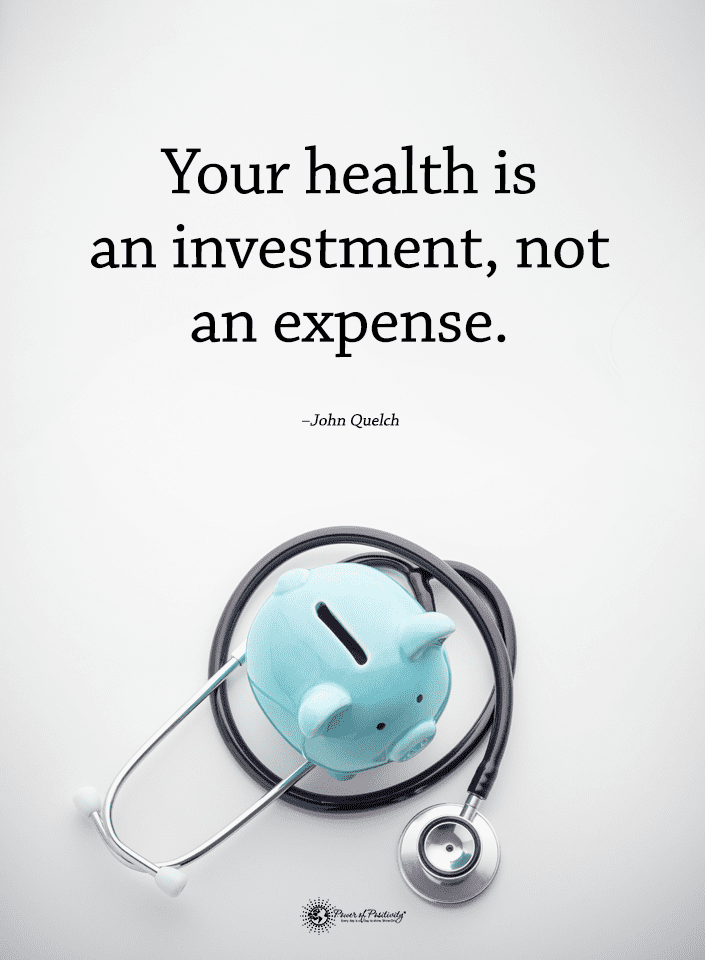You may not hear much about Vitamin K, but it plays a crucial role in overall health and well-being. This often-overlooked vitamin assists the body with coagulation (blood clotting), bone protein production, and cardiovascular health. It’s a fat-soluble vitamin, which is absorbed more easily with dietary fat and stored in the liver and fatty tissues. But do you have a deficiency?
This nutrient comes in two forms: Vitamin K1 (phylloquinone), found in leafy greens like spinach and kale, and Vitamin K2 (menaquinone), derived from fermented foods and naturally produced in the intestinal tract. Since the human body makes Vitamin K and we don’t need much of it in our diets, it’s rare to become deficient. It’s nearly impossible for healthy people who consume a balanced, varied diet.
For adults 19 and older, the adequate intake (AI) for vitamin K is 120 micrograms (mcg) daily for men and 90 mcg for women. Most adults can easily consume this in one serving of leafy green vegetables. However, according to the National Institutes of Health (NIH) Office of Dietary Supplements, only one-third of adults exceed the recommended intake.
But certain health conditions and medications can hinder its absorption, thereby increasing the risk of a deficiency. Below, we’ll discuss a few telltale signs of inadequate Vitamin K and common causes of deficiency. Also, we will list some of the best dietary sources of this vital vitamin.
What Causes Vitamin K Deficiency?
Some medical conditions and drugs can prevent the absorption and creation of vitamin K, such as the following:
- certain antibiotics when taken for a prolonged period (beyond several weeks)
- coumarin anticoagulants, such as warfarin and dicoumarol, which inhibit blood clotting
- having malabsorption or other gastrointestinal disorders, like celiac disease or ulcerative colitis
- having undergone bariatric surgery
- following a diet extremely low in vitamin K
Coumarin anticoagulants like warfarin block its activity, which leads to blood thinning. Because of this, people who take anticoagulants must maintain adequate levels in their diets to avoid deficiency. Also, some antibiotics can destroy gut bacteria that produce vitamin K, causing lower levels in the body.
Finally, malabsorption and gastrointestinal disorders such as cystic fibrosis, celiac disease, ulcerative colitis, and short bowel syndrome can cause low Vitamin K status. In addition, people who have had part of their intestine removed may suffer from a deficiency. Supplementation can help restore adequate levels in these cases. However, if you take medications, you should talk with your doctor before taking supplements or altering your diet.
Newborn infants also have a higher risk of developing Vitamin K deficiency for these reasons:
- only small amounts of vitamin K pass through the placenta
- breast milk contains trace amounts of the vitamin
- newborns lack the good bacteria that produce this vitamin
- newborns have poor storage of vitamin K in the liver (one-fifth the level of adults)
A vitamin K deficiency in newborns can lead to a potentially life-threatening condition called vitamin K deficiency bleeding, or VKDB. To protect newborns, neonatal physicians usually give babies a shot at birth.
Doctors may also prescribe vitamin K1 for adults with a deficiency or take anticoagulants inhibiting vitamin K metabolism.
4 Warning Signs of a Vitamin K Deficiency
Watch for these four early symptoms that might reveal you lack this essential nutrient; seek the help of a doctor who will do a simple blood test.
1. Excessive Bleeding
The most apparent sign of vitamin K deficiency is heavy bleeding from a cut or wound. Especially if it’s a minor injury, it shouldn’t take long for the blood to clot. However, if it’s bleeding excessively and taking a while to coagulate, it could point to a vitamin deficiency. If you have heavier menstrual bleeding than average, it’s also worth mentioning to your doctor.
2. Bruising Easily
Most people automatically think of an iron deficiency when bruises appear randomly on their bodies. However, a vitamin K deficiency can also cause bruises since the nutrient plays a crucial role in coagulation. Low levels of this vitamin weaken blood vessels, making them more likely to break.
3. Weakening Bones
Inadequate blood levels of vitamin K can cause hip fractures, low bone density, poor posture, and even osteoporosis. Unfortunately, this symptom often gets overlooked because it happens gradually over the years or decades. That’s why it’s essential to have regular blood tests to monitor your nutrient levels.
4. Black or Bloody Stool
Black stool doesn’t always signal a deficiency. However, if it’s accompanied by blood, it could mean you’re deficient since excessive bleeding is the most common symptom.
Best Foods to Increase Vitamin K
- Natto
This Japanese superfood offers the best way to increase your levels. It’s made from fermented soybeans and contains 850 micrograms (mcg) per three-ounce serving, according to the NIH.
- Leafy green vegetables
If you can’t find natto in your supermarket, leafy greens are your next best option. One-half cup of boiled collard greens provides 530 mcg of vitamin K, while a one-half cup of cooked turnip greens offers 426 mcg. In addition, one cup of raw spinach will give you 145 mcg, and the same serving of raw kale provides 113 mcg. Other vegetables with decent vitamin K levels include broccoli, Brussels sprouts, and cabbage.
Nutritionists and health experts recommend adding some fat to your greens. Since the nutrient is fat-soluble, drizzling olive or avocado oil on a salad can improve absorption levels. Not to mention, a little fat makes vegetables more palatable!
Other foods also contain this nutrient, but natto and leafy greens provide the easiest way to meet your daily intake. One serving of either option should provide enough vitamin K to reach or exceed the recommended amount.
Final Thoughts on Signs of Vitamin K Deficiency
While most people aren’t in danger of developing a vitamin K deficiency, certain conditions can increase the risk. Having malabsorption or gastrointestinal disorders, undergoing bariatric surgery, and taking antibiotics can lead to low levels. Also, taking anticoagulants like warfarin can make you more susceptible to becoming deficient. However, eating foods like natto and leafy greens can ensure you meet the recommended intake for this crucial nutrient.

















 Community
Community

